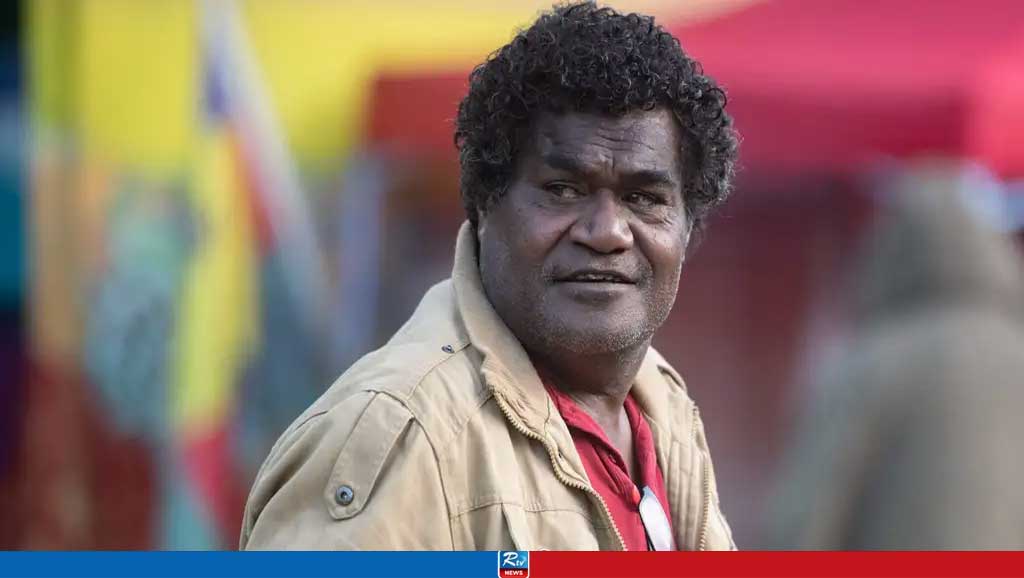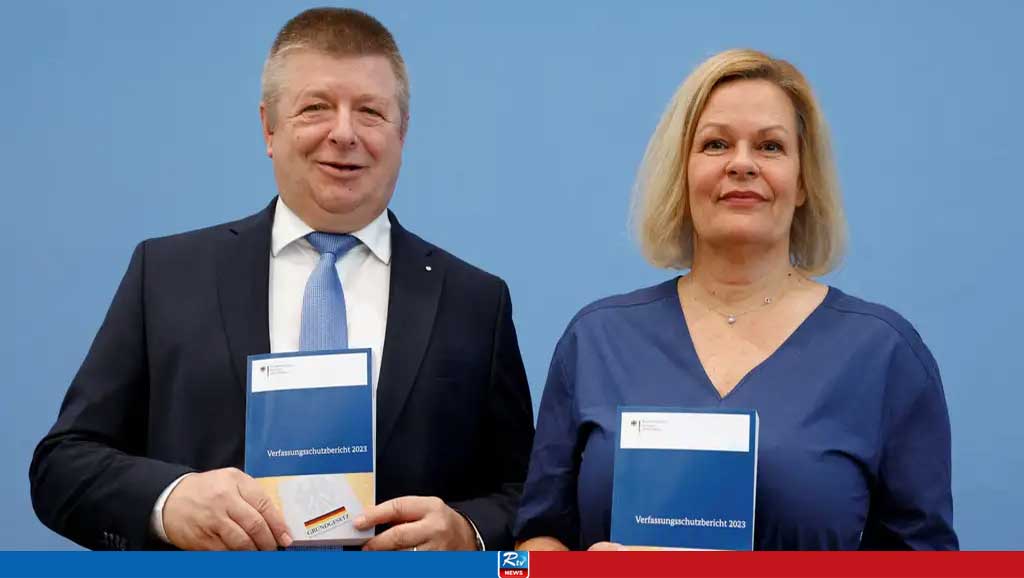European elections: Super Sunday in full swing
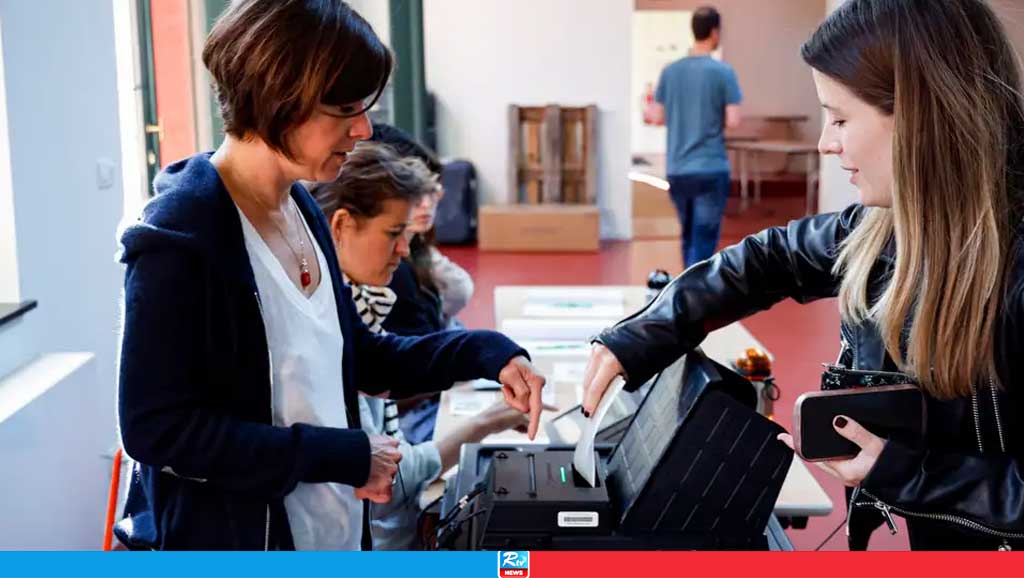
Voters in 21 EU countries, including Germany and France, conclude a four-day election for the European Parliament. In total, 21 countries were voting in the European elections on Sunday — including Belgium.
Hungary's Orban faces challenge from former ally
Long-serving Hungarian Prime Minister Viktor Orban is expected to extend his party's nearly 15-year streak of election victories, but faces one of the biggest challenges of his career from a former ally.
Peter Magyar, a 43-year-old lawyer once married to Hungary's former justice minister and Orban ally Judit Varga, has risen to prominence since February by publicly accusing Orban's government of corruption and mismanagement.
Magyar's party, Respect and Freedom (TISZA), has presented itself as a more centrist alternative to Orban's brand of illiberal populism and is likely to win several seats in the EU legislature.
It has also capitalized on the economic crisis and dissatisfaction with Hungary's traditional opposition parties to siphon off much of their support.
Outside his polling station, Orban framed the vote as a "pro-peace or pro-war" choice. During the campaign, he framed the election as an existential struggle between war and peace, telling voters that voting for his opposition would drag Hungary directly into the war in neighboring Ukraine.
Some polling stations in Austria relocated due to floods
In Austria, a number of polling stations for the European Union elections have either been made inaccessible or have been destroyed by severe storms.
In Styria, for example, polling stations in Deutschfeistritz, north of Graz, and several in the Hartberg-Fürstenfeld district were affected, authorities told the APA news agency on Sunday morning.
Severe storms hit Styria in particular on Saturday. Houses and cars were damaged by flooding.
However, the mayors had reacted very quickly and relocated the polling stations. Signs had been put up in the municipalities indicating where the new polling stations were located, and the local leaders had also largely announced the changes via social media. According to the state, the election was not expected to be affected.
The ruling conservative People's Party (ÖVP) is facing significant losses in the election. The right-wing Freedom Party (FPÖ) is expected to be the clear winner, according to previous polls.
Meloni's party at the top of the polls in Italy
Prime Minister Giorgia Meloni's Brothers of Italy party, which has neo-fascist roots, is expected to increase its number of seats in the European Parliament from seven in the last election, potentially expanding its influence in the EU.
The Brothers of Italy are expected to win around a quarter of the vote, according to polling data, in line with their performance in the 2022 national election but well ahead of the last European Parliament vote in 2019.
The center-left Democratic Party is polling second, followed by the opposition 5-Star Movement.
In Italy, the vote is not expected to destabilize the government, although Meloni's advantage will come at the expense of her coalition partners, the populist, anti-migrant right-wing Lega led by Matteo Salvini and the center-right Forza Italia led by Foreign Minister Antonio Tajani.
Meloni is important to European Commission chief Ursula von der Leyen's bid for a second term, which will be decided by EU leaders but will also need majority approval in the new European Parliament.
Von der Leyen, a conservative former German defense minister, has opened the door for her European People's Party (EPP) to work with Meloni's far-right lawmakers.
16- and 17-year-olds vote for the first time in Germany
In the future EU Parliament, 96 out of 720 MEPs (the largest share) will come from Germany, where about 65 million people are eligible to vote.
For the first time, voters aged 16 and 17 will be able to participate in the European elections in Germany. According to the Federal Statistical Office, this concerns about 1.4 million people.
The three parties in center-left Chancellor Olaf Scholz's unpopular governing coalition, the Social Democrats, Greens and Free Democrats, risk being punished by voters because of ongoing bickering and a weak economy.
The main center-right opposition, the Christian Democratic Union/ Christian Social Union, hopes to capitalize and maintain its position as Germany's strongest party in Brussels ahead of national elections expected next fall.
But much attention will be paid to the performance of the far-right Alternative for Germany, which enjoyed strong support last year but has suffered a series of setbacks in the run-up to the European elections.
The party can expect to improve its performance in 2019, but perhaps not as much as it hopes.
Le Pen's party expected to win big in France
France's far-right leader, Marine Le Pen, and her National Rally party are expected to be the big winners in the European Parliament elections.
Pollsters expect the National Rally to win most of France's 81 seats, far ahead of President Emmanuel Macron's moderate, pro-business party.
Many French voters will use the EU elections to express their dissatisfaction with Macron's management of the economy, agricultural regulations or security.
The National Rally's top candidate for the European Parliament, Jordan Bardella, promises to restrict the free movement of migrants within the EU's open borders. He also wants to roll back EU climate regulations.
On the left, polls show a surprising resurgence of the Socialist Party behind frontrunner Raphael Glucksmann, who promises more ambitious climate policies and protections for European businesses and workers.
Voting taking place in all 21 'Super Sunday' countries
Voting is now underway in all countries voting on Europe's "Super Sunday," with Denmark, Portugal, Spain, and Sweden the last member states to open polling stations.
European Parliaments are elected by direct universal suffrage in a single ballot, with the number of members for each country dependent on the size of its population.
The number of seats ranges from six for Malta, Luxembourg, and Cyprus to 96 for Germany.
Europeans elected 751 lawmakers in the last vote in 2019.
After the United Kingdom left the EU the following year, the number of members fell to 705. Some of the 73 seats previously held by British lawmakers were redistributed to other member states.
The European Parliament will have 15 additional members after the latest election, bringing the total to 720, with 12 countries getting extra MEPs.
Within the European Parliament, the parties tend to gravitate toward large international groups broadly aligned with their policy aims.
France and Germany join the action
Polls are now open in more EU countries for elections to the European Parliament, with Germany among the nations now joining in.
Neighbors Belgium and Luxembourg, as well as mainland France, have also opened polling stations. So, too, have Finland and Estonia.
Belgium is also voting in national and regional elections that are expected to see a surge for both the far-right in Flanders and the far-left in Wallonia. That could make forming a new government even more difficult than it has been in the past.
Voting underway in central Europe
Polling stations have now opened in much of central Europe, with voting now underway in Austria, Croatia, Lithuania, Slovenia, and Poland.
Polling has also resumed in Italy, which started voting on Saturday. Italy's far-right Prime Minister Giorgia Meloni could be decisive in choosing the next European Commission president if her Brothers of Italy (FdI) party makes major gains in the European Parliament elections.
Comments
Miss Universe Philippines: 'Chelsea Manalo'

Chinese doctors claim to cure diabetes with cell therapy
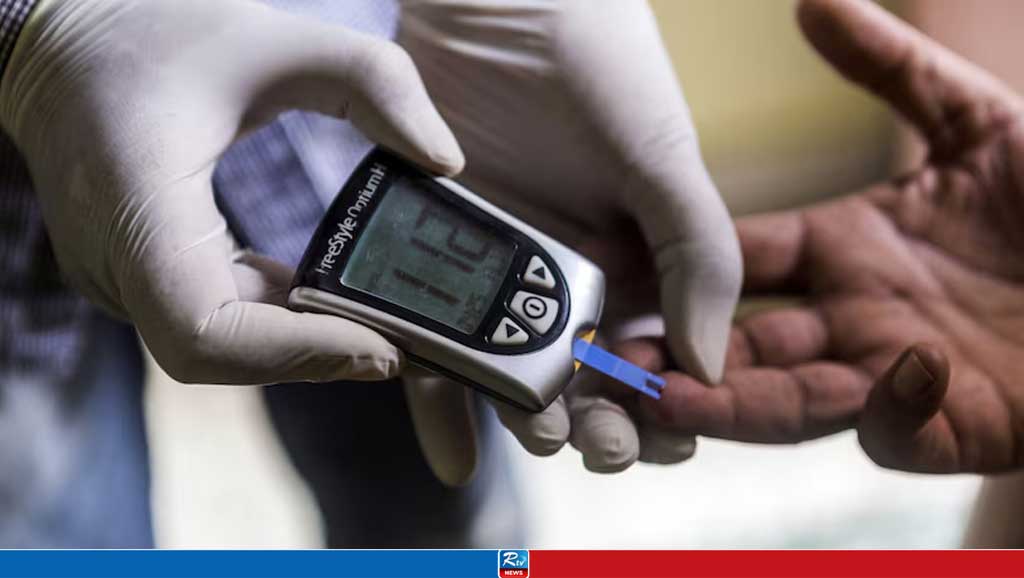
Australia: Man arrested after running naked through plane

Two Arrested in Money Laundering Scheme Tied to Chinese Entities and Mexican Drug Cartels

China will relocate close to 1 million rural Tibetans by 2025: HRW report

World Uyghur Congress condemns Hong Kong Court's pro-democracy activist sentencing

Southern Germany hit by catastrophic flooding
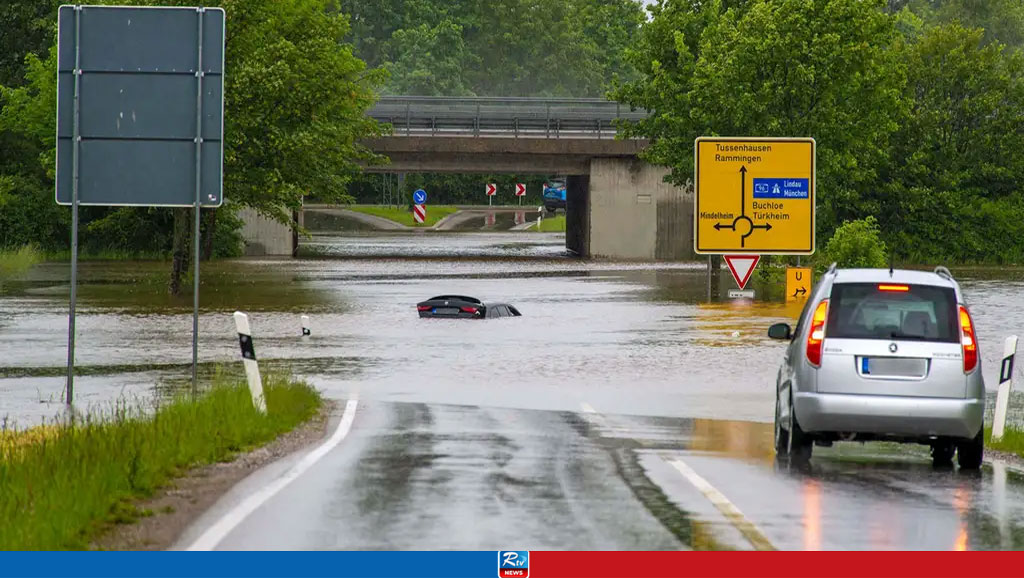

 Live Tv
Live Tv

